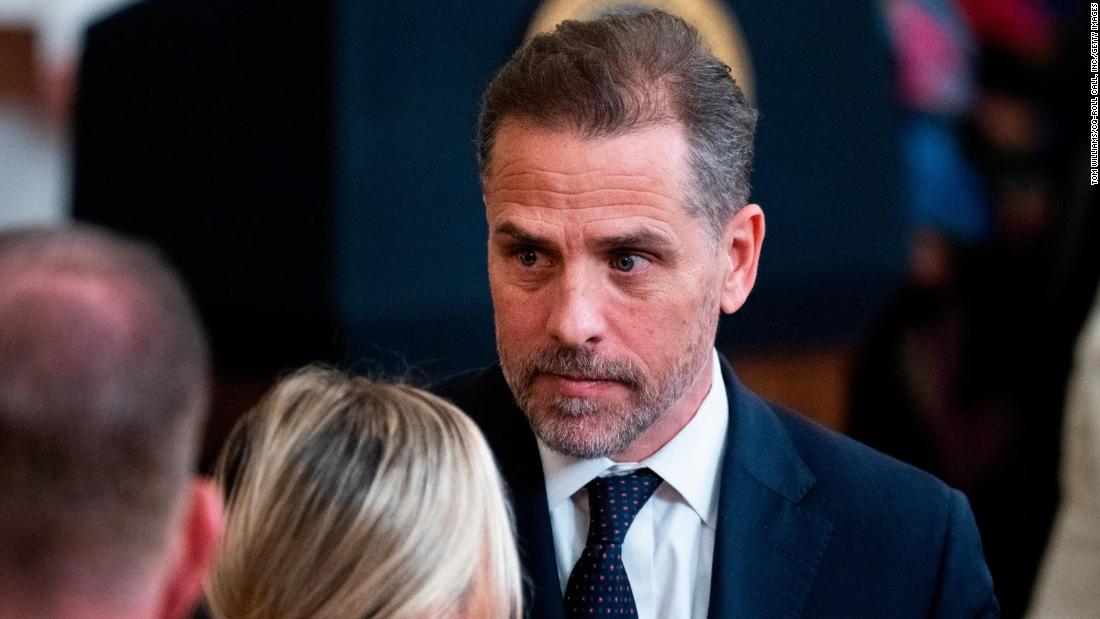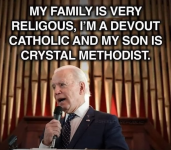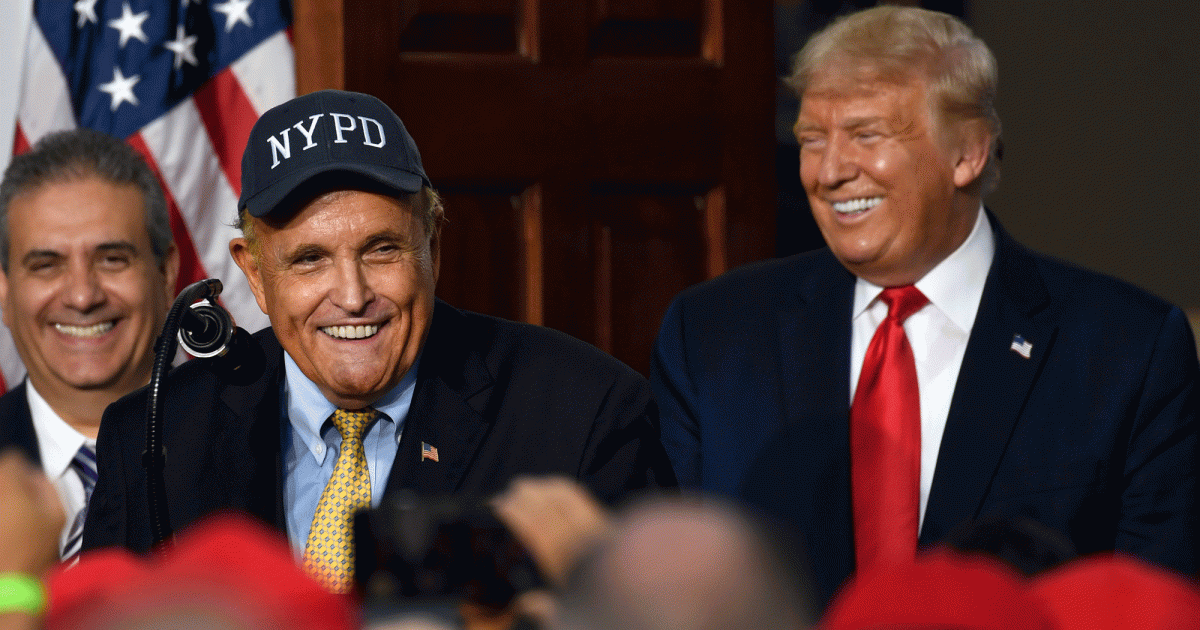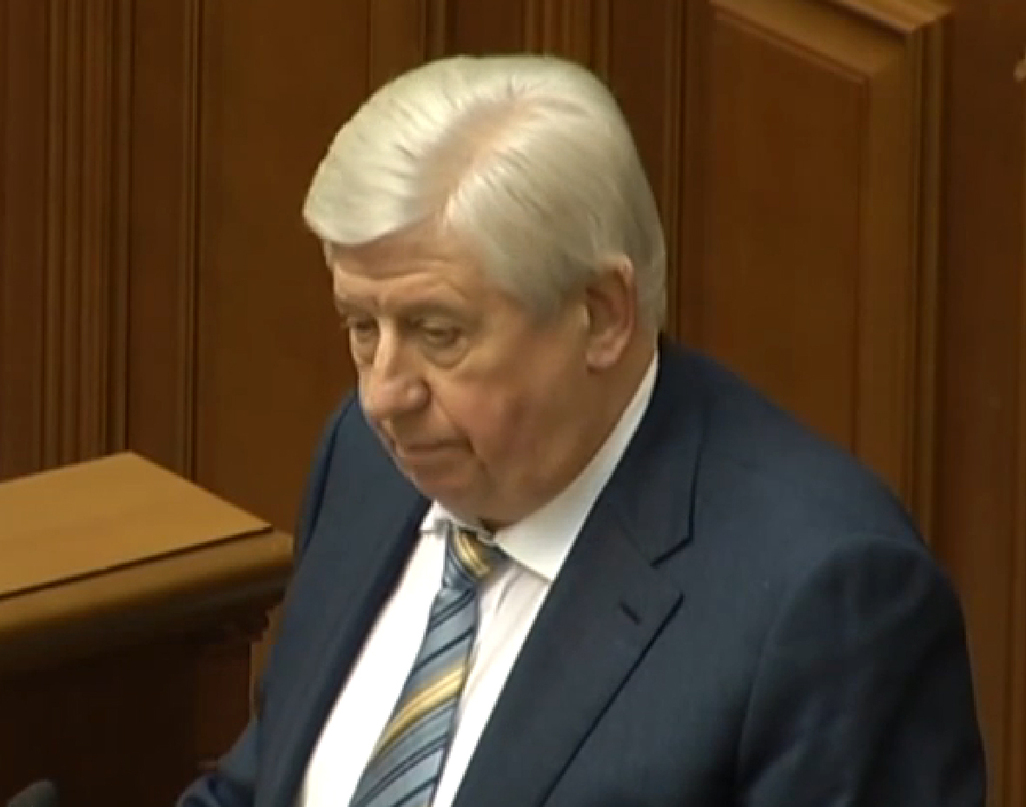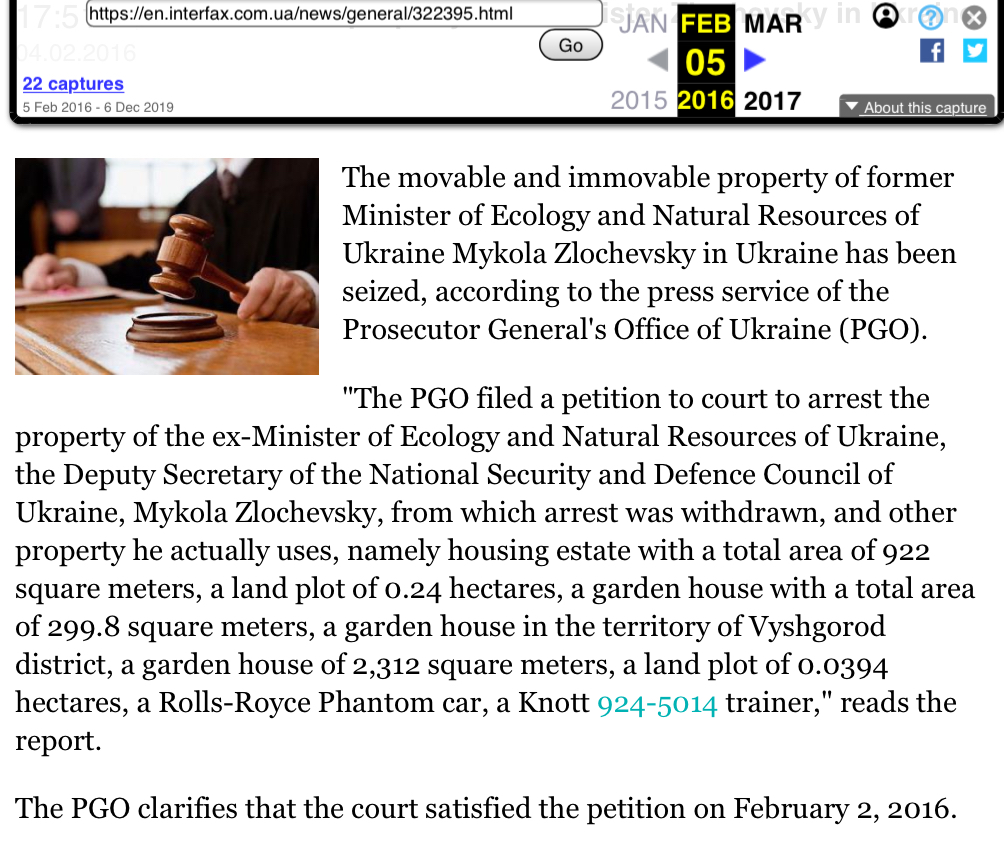Yet another Hunter Biden conspiracy theory falls apart
“Pres Biden reportedly sold oil fr[om] American reserves to China’s Sinopec which Hunter Biden may still b[e] tied to via his financial ventures in China. If report correct that’s OUTRAGEOUS.”
— Sen. Charles E. Grassley (R-Iowa), in a tweet, July 8
Search on Twitter for “Sinopec Hunter Biden” and this is just one of many tweets from GOP lawmakers and supporters that turn up.
Meanwhile, a colleague on Friday attended a town hall held by Joe Kent, a Washington state Republican running for Congress promising to impeach President Biden. When one attendee asked about the oil sales, there were worried murmurs from the crowd and no pushback from the candidate.
What’s going on here? A basic misunderstanding of global oil markets.
The Facts
This is all started with a straightforward Reuters article
that appeared this month, headlined: “Oil from U.S. reserves sent overseas as gasoline prices stay high.” The article noted that government data showed that more than 5 million barrels released from the
U.S. Strategic Petroleum Reserve (
SPR) was exported to Europe and Asia in June.
The Biden administration is releasing oil from an emergency supply of crude oil, stored in underground salt caverns along the Gulf Coast, that was first set up in the 1970s. Presidents have occasionally tapped the reserve to ease the disruption from an international event — such as the spike in oil prices caused by sanctions imposed on Russia for its invasion of Ukraine.
Buried in the Reuters article was this paragraph: “Cargoes of SPR crude were also headed to the Netherlands and to a Reliance refinery in India, an industry source said. A third cargo headed to China, another source said.”
The next day, the right-leaning Washington Free Beacon published
an article headlined: “Biden Sold a Million Barrels From U.S. Strategic Petroleum Reserve to China-Owned Gas Giant.” The reporter had dug up an
Energy Department news release issued weeks earlier, on April 21, which listed 12 companies that had been awarded contracts to buy the oil after submitting bids.
Sixteen companies had submitted bids, and
by law, the government is required to sell to the highest bidder, with limited exceptions, such as sanctioned companies.
Many of the firms that won contracts are the U.S. trading arms of foreign companies, such as Equinor (Norway), Shell (Netherlands/United Kingdom), Atlantic Trading (France), Mercuria (Cyprus), Motiva (Saudi Arabia) and Unipec (China.) The news release said Unipec, a subsidiary of state-owned Sinopec, received 950,000 barrels of the 30 million barrel release.
Buried in the Free Beacon story was the fact that Hunter Biden, the president’s son, had once had business dealings with Sinopec. Rosemont Seneca Bohai, a private equity firm where Biden was principal, invested in a fund
generally known as BHR Partners. In 2015, that fund
bought a stake in
Sinopec Marketing, a Sinopec subsidiary that sells oil products. A Hunter Biden lawyer
in 2021 said he “no longer holds any interest, directly or indirectly,” in BHR, though the Washington Examiner
reported in March that Chinese records do not yet show that.
Then on Friday, the Federalist, an influential right-wing publication, posted
an article headlined with a snappy talking point: “Biden Sold Oil From Emergency Reserves To Chinese Gas Giant Tied To His Scandal-Plagued Son.”
That spurred the congressional tweets. “Hunter is still business partners w/ the CCP [Chinese Communist Party] & they are buying our oil,” Rep. Marjorie Taylor Greene (R-Ga.)
tweeted, linking to the Federalist article. “Can we impeach Joe Biden now???”
You can see how a months-old news release was used to churn up the outrage machine. But here’s why that outrage is misplaced.
Crude oil is an international commodity. Its price is determined by global supply and demand. The Biden administration is trying to increase the supply of oil to help bring down prices that have soared as the United States and its allies have tried to stem purchases of Russian energy products.
What matters for the price of oil is how much oil there is — not who has it.
“Where it goes is essentially irrelevant,” oil industry consultant
Philip K. Verleger said.
Indeed, every oil industry analyst we contacted was puzzled by the fact that the recent sale to China suddenly was controversial.
Matt Smith, lead oil analyst for the Americas at
Kpler, a commodity data company, closely tracks customs data on such crude oil transfers. He said the Biden administration in earlier releases from the SPR sold to China 2.5 million barrels in October and 1.5 million barrels in November.
“This is not some new development from an SPR perspective or from a U.S. crude perspective,” he said in an interview. “It does not matter if it stays in the United States or not to influence the global price.”
Smith said about two-thirds of the 30 million barrels announced in April went to Europe, which is trying to wean itself off Russian oil. But oil going to China or elsewhere can free up other crude to go to Europe, he said.
“There has been a lot of buzz lately, but I think it’s a complete nothingburger,” said
Robert McNally, the founder and president of the Rapidan Energy Group who was responsible for
international energy policy while on the National Security Council staff of President George W. Bush. He noted that the law allows SPR drawdowns to be exported.
That’s because in 2015, Congress
repealed a 40-year-old law that had prevented the export of U.S. crude oil.
“This means that the SPR cannot dictate whether or not companies export crude oil received from the reserve,” the Energy Department’s press secretary, Charisma Troiano, said. “U.S. companies are permitted to place bids on SPR crude oil; DOE cannot dictate what selected bidders will do with the SPR crude oil after delivery.”
Indeed, as a practical matter, once a company acquires crude oil, it can ship it wherever it wants as a private enterprise, with the destination determined by supply and demand. McNally said oil may be loaded on a ship headed for China — but then the price changes and the ship is redirected to, say, India. U.S. officials learn only retroactively where oil is sent after delivery — not when oil is delivered to the selected bidder.
In 2011, when President Barack Obama ordered the release of 60 million barrels to ease oil supply disruption caused by the Libyan civil war, oil was purchased by U.S. subsidiaries of companies headquartered in Singapore, the Netherlands and Britain in addition to the United States. “Before the lifting of the crude export ban in 2015, it was unlikely any product delivered to the winning bidder was exported outside the U.S.,” Troiano said. So while U.S. subsidiaries have always been qualified bidders, it’s unlikely that any product delivered to the winning bidder was exported outside the United States at the time. Now, there are no such restrictions.
The Biden administration has said it will use the funds from the current sales to buy oil to refill the SPR after prices have dropped.
“Sen. Grassley’s point here is not about where oil goes; it’s about where money goes,” Grassley spokesman Taylor Foy said. “It’s egregious anytime politicians or their families profit from their positions. When that profit comes from the sale of oil at a time when American families are struggling with record or near-record fuel prices, it’s outrageous. As Grassley noted, if reports are correct that President Biden’s son
is still financially connected to China’s Sinopec and potentially profited off the sale of oil from our strategic reserve, that’s outrageous. As you likely know, Unipec is a wholly owned subsidiary of Sinopec and
one of 12 companies, out of 16 applicants, to win contracts to purchase oil from the American strategic petroleum reserve. Some of Hunter’s financial interests in China were, and reportedly may still be, invested in Sinopec.”
The Pinocchio Test
This is an example of how simple facts — SPR oil was sold to a subsidiary of a Chinese company and Hunter Biden once has a business relationship with that company — are turned into something nefarious. The contract was awarded to the highest bidders in a competitively bid process and Hunter Biden was many steps removed from the U.S. trading arm of the Chinese firm.
Moreover, there’s no reason for outrage. Oil prices are determined by global supply and demand. The Biden administration is seeking to lower the global price of crude oil by bolstering supply around the globe. Selling crude oil to traders, whether based in the United States, Europe or Asia, is part of that effort.
Anyone who suggests the Biden administration is doing something wrong here — as opposed to following the rules — earns Three Pinocchios.
Three Pinocchios

 www.washingtonexaminer.com
www.washingtonexaminer.com


